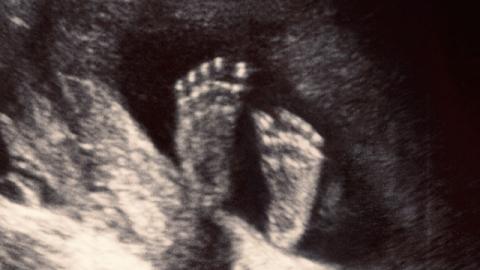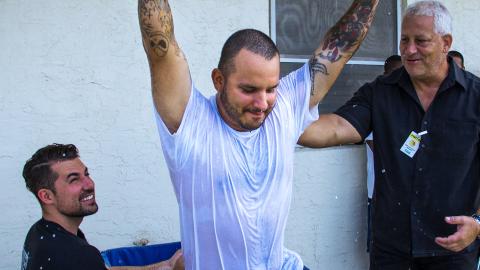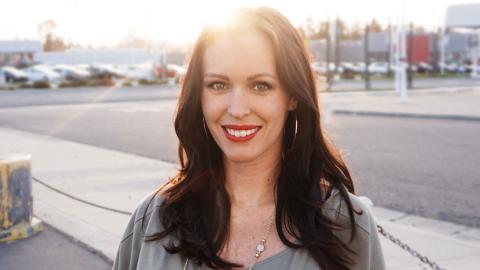
Harvard Law Article: Abortion Violates the Constitution
A Harvard Law journal says one of the most important parts of the U.S. Constitution, the Fourteenth Amendment, protects the rights of unborn babies.
Adopted in 1868, in the wake of the Civil War, that amendment sought to protect the rights of newly freed slaves.
It declares that no state shall "deprive any person of life, liberty, or property, without due process of law; nor deny to any person within its jurisdiction the equal protection of the laws."
According to an article in The Harvard Journal of Law and Public Policy, law student Joshua Craddock argues that a person becomes a human being at the point of conception, and from that moment forward is entitled to protection under the law.
The journal is a conservative and libertarian review and one of more than a dozen publications edited by Harvard Law students.
Craddock writes, "The preborn are members of the human species from the moment of fertilization. Therefore, the Fourteenth Amendment protects the preborn. If one concedes the minor premise (that preborn humans are members of the human species), all that must be demonstrated is that the term 'person,' in its original public meaning at the time of the Fourteenth Amendment's adoption, applied to all members of the human species."
Based upon the premise that the lives of the unborn are constitutionally protected, Craddock further argues that states that allow abortion are breaking the law.
"Congress or the courts must intervene," he writes, explaining that abortion must not be condoned by the courts.
He argues that legal abortion deprives a particular category of people, in this case the unborn, the equal protection of the law. In other words, it's unlawful not to prosecute people who murder the unborn while at the same time prosecuting those who murder other types of people.
Craddock asserts that the intent of the Fourteenth Amendment was to include the protection of the unborn. "A general consensus treated preborn human beings as 'persons,'" he says. "The preborn were included within the public meaning of the term 'person' at the time the Fourteenth Amendment was adopted."
Furthermore, at that time, most states outlawed abortion in laws covering "offenses against the person" according to The Stream. Most states referred to an unborn child as a "child" in their laws.
Finally, Craddock points out that in 1859, the American Medical Association demanded the government protect the "independent and actual existence of the child before birth." Eight years later, the Medical Society of New York called abortion at any stage of the child's life "murder."



